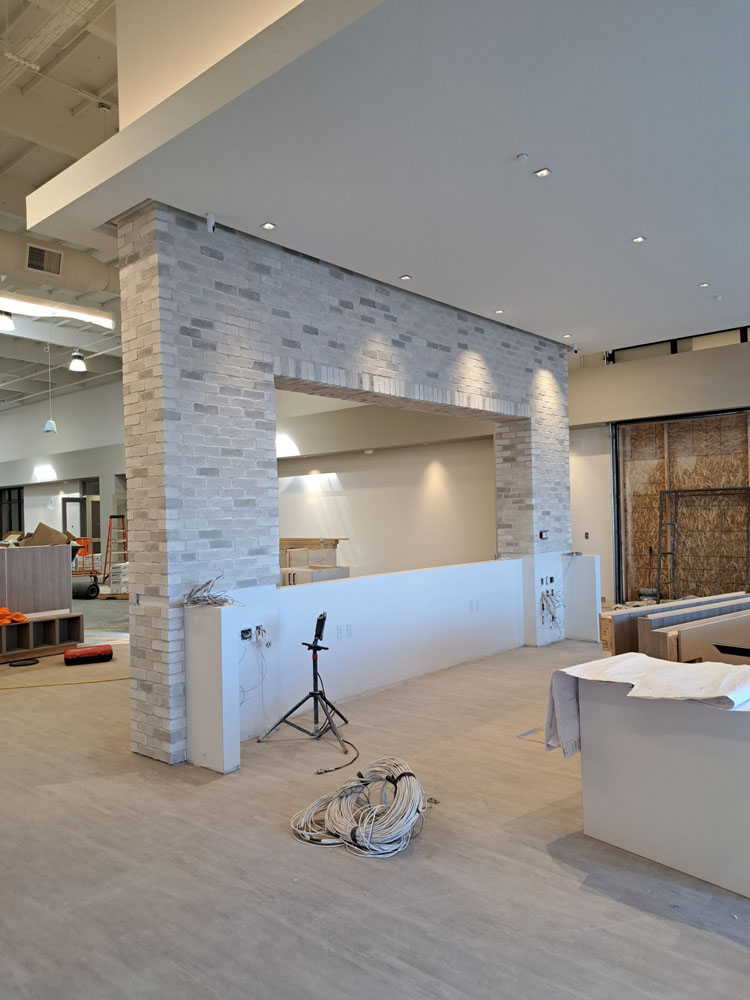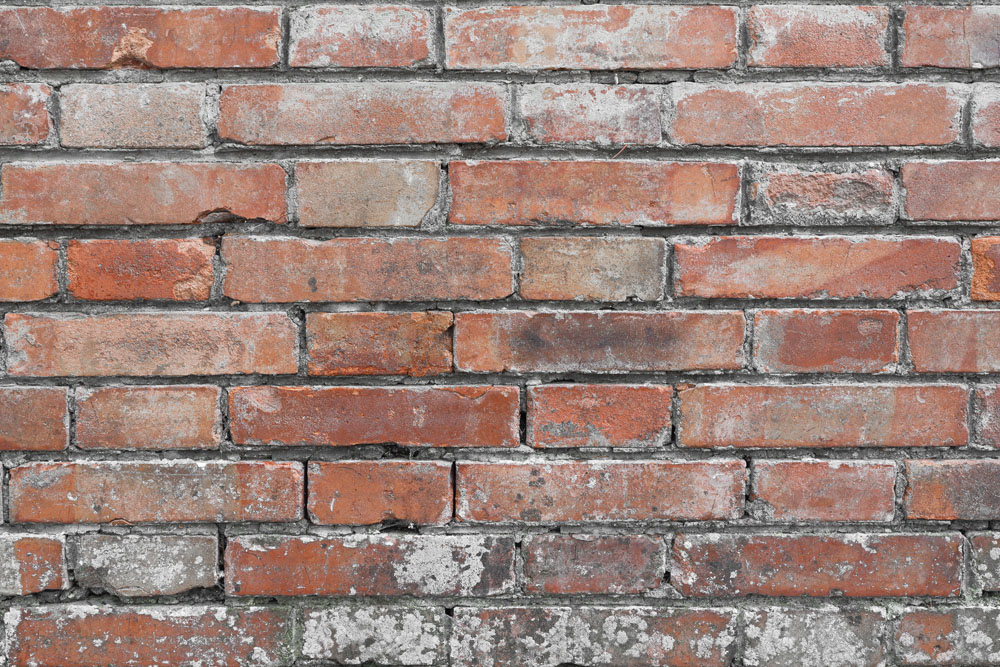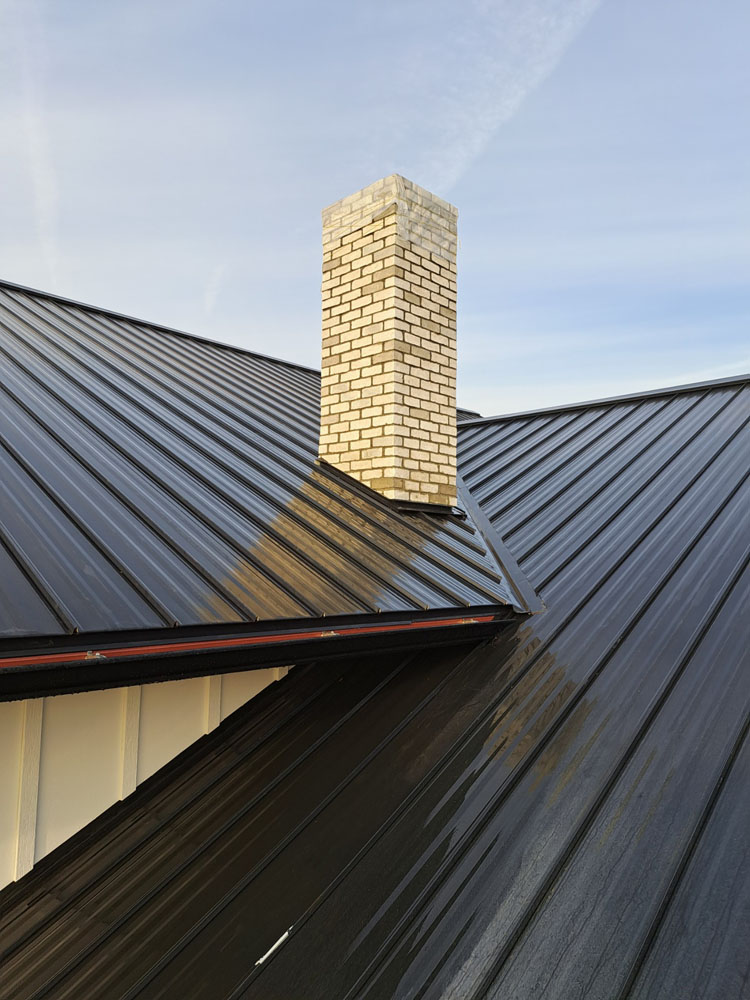Introduction
When it comes to home maintenance, few things are as crucial as ensuring your chimney is in tip-top shape. Many homeowners overlook the importance of chimney caps and liners until it’s too late. As a homeowner, you Masonry Contractor In Wilsonville might wonder: “What exactly can a masonry contractor do for me regarding my chimney?” Well, buckle up because this article will explore everything from chimney caps and liners to other essential services that your masonry contractor can provide.
In this comprehensive guide, we’ll delve into the nitty-gritty of chimney maintenance and answer many of your burning questions. So grab a cup of coffee (or tea) and let’s dive in!
Chimney Caps, Liners, and More: What Your Masonry Contractor Can Do for You
A masonry contractor is like your go-to expert in everything brick, stone, or mortar related — especially when it comes to chimneys. They bring a wealth of knowledge and expertise to the table that can help maintain your home’s safety and efficiency.
What Are Chimney Caps?
Chimney caps are protective covers placed on top of chimneys. They serve multiple purposes:
- Prevention of Water Damage: Water can seep into the chimney structure if left unprotected, causing significant damage over time. Animal Protection: Chimney caps prevent animals like birds or raccoons from nesting inside. Spark Guards: They act as barriers to flying embers escaping from the chimney.
Why Are Chimney Caps Important?
You might be asking yourself why these little covers are so important. Well, consider this:
Weather Protection: Without a cap, rain and snow can enter the flue system causing rust or deterioration. Pest Control: Rodents and birds love warm spaces; a cap keeps them out. Fire Safety: By preventing sparks from escaping, you reduce fire hazards.Types of Chimney Caps Available
Now that you know what they are and why they matter, let’s look at the different types available:
- Stainless Steel Caps: Durable and resistant to corrosion. Copper Caps: Stylish but require more maintenance. Cast Iron Caps: Heavy-duty options for durability.
Your masonry contractor will help you choose based on your needs and budget.
Understanding Chimney Liners
If chimney caps were the hats on heads, then chimney liners would be the protective layers underneath! These liners serve several vital functions:

Materials Used in Chimney Liners
Masonry contractors often use various materials for chimney liners:
- Clay Tiles: Traditional material that works well with wood-burning stoves. Metal Liners: Stainless steel options provide high durability but might be pricier. Cast-in-place Liners: These offer flexibility but require professional installation.
Why You Need a Quality Chimney Liner
Ever thought about what happens when you don’t have one? Here’s a quick rundown:
Without a proper liner, gases can leak into your home leading to health hazards like carbon monoxide poisoning. Not only that! It also increases the risk of house fires due to higher temperatures reaching combustible materials.
Signs You Need a New Chimney Cap or Liner
How do you know when it’s time for an upgrade? Watch out for these signs:
Cracked or damaged lining Water leaks around your fireplace Odors coming from the flueIf you notice any of these issues, it’s time to call in your local masonry contractor!
Masonry Contractor Services Beyond Chimneys
Your masonry contractor doesn’t just stop at caps and liners; they perform a plethora of other services:
1. Brick Repair
Cracked bricks can lead to bigger problems down the line if not addressed promptly.
2. Mortar Work
Whether it’s tuckpointing or repointing, good mortar work ensures longevity.
3. Outdoor Fireplaces
Installing an outdoor fireplace adds charm while requiring skilled craftsmanship.

4. Stone Patios
Enhancing curb appeal with beautiful stone patios is another area where masonry contractors shine!
5. Waterproofing Services
Keeping moisture at bay is vital for all masonry structures including retaining walls.
Frequently Asked Questions (FAQs)
1. How often should I have my chimney inspected?
It’s generally recommended to have an inspection annually before using your fireplace during colder months.
2. What type of cap is best for my chimney?
That depends on various factors including climate conditions in your area — consult your masonry contractor for personalized advice!
3. Can I install a liner myself?
While DIY projects are tempting, installing a liner requires expertise; it's best left to professionals!
4. How much does it cost to replace a chimney cap?
Costs vary widely depending on materials used but expect anywhere between $200-$500 on average.
5. Will installing a cap stop smoke from entering my home?
Yes! A properly installed cap prevents downdrafts that allow smoke back inside while allowing gases to escape upwards efficiently.

6. How long do chimney caps last?
With proper maintenance, most caps can last anywhere from 10–30 years depending on material choice!
Conclusion
So there you have it! From understanding what chimney caps do to exploring other invaluable services provided by masonry contractors — we’ve covered it all! Remember that maintaining these elements isn’t just about aesthetics; they play crucial roles in safety as well as efficiency within your home structure!
Next time you're sipping coffee by the fireplace or hosting friends outdoors near an elegant stone patio crafted by skilled hands—remember how important those small details are! And when in doubt about any aspect related specifically towards chimneys think about engaging with an expert—your trusted masonry contractor—to ensure everything remains safe & sound year-round!
This extensive guide aims not just at informing but empowering homeowners like you with knowledge needed when addressing any issues surrounding chimneys—and hopefully inspires action towards keeping homes safer & warmer during chilly nights ahead!